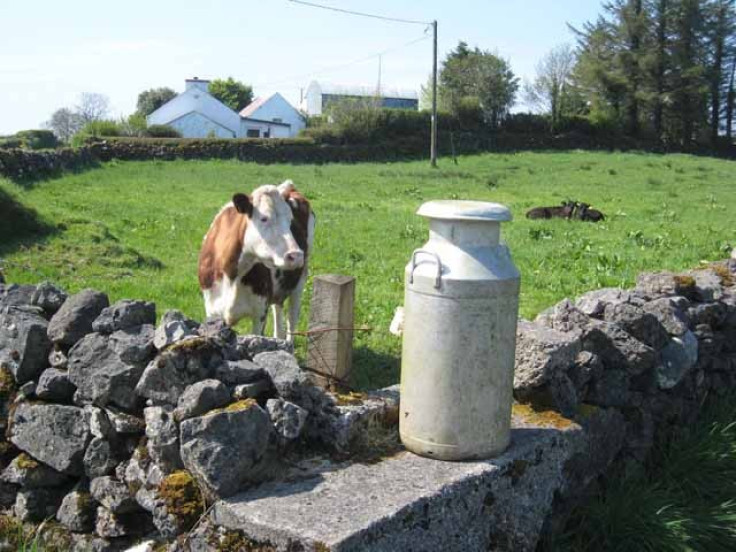Cow's Milk Kills Stomach Cancer Cells and Offers Treatment Hope

Cow's milk has anticancer properties that can kill stomach cancer cells, offering a new hope for treatment of the disease.
Stomach cancer, or gastric cancer, can be very difficult to treat as it is often not detected until it is at an advanced stage. In 2008, there were 5,178 deaths from stomach cancer in the UK, making it the seventh most common cause of cancer death.
Researchers in Taiwan have identified a peptide fragment derived from cow's milk that exhibited a potent ability to kill stomach cancer cells.
They found the peptide, called lactoferricin B25 (LFcinB25), could kill these cells in laboratory cultures.
Wei-Jung Chen, from the National Ilan University, said: "Gastric cancer is one of the most common causes of cancer-related mortality worldwide, especially in Asian countries.
Potential treatment
"In general, the main curative therapies for gastric cancer are surgery and chemotherapy, which are generally only successful if the cancer is diagnosed at an early stage. Novel treatment strategies to improve prognosis are urgently needed."
The researchers found that after an hour of exposure to cancer cells, LFcinB25 migrated to the cell membrane. Within 24 hours, the cancer cells had shrunk and had lost the ability to adhere to surfaces. At later stages, the cells died.
Researchers also found that a protein, known as Beclin-1, enhanced the cancer-killing properties of LFcinB25.
The protein, normally involved in tumour growth and degeneration of neurons, sped up the process after exposure to the peptide.
"Optimisation of LFcinB using various strategies to enhance further selectivity is expected to yield novel anticancer drugs with chemotherapeutic potential for the treatment of gastric cancer," Chen said.
© Copyright IBTimes 2024. All rights reserved.






